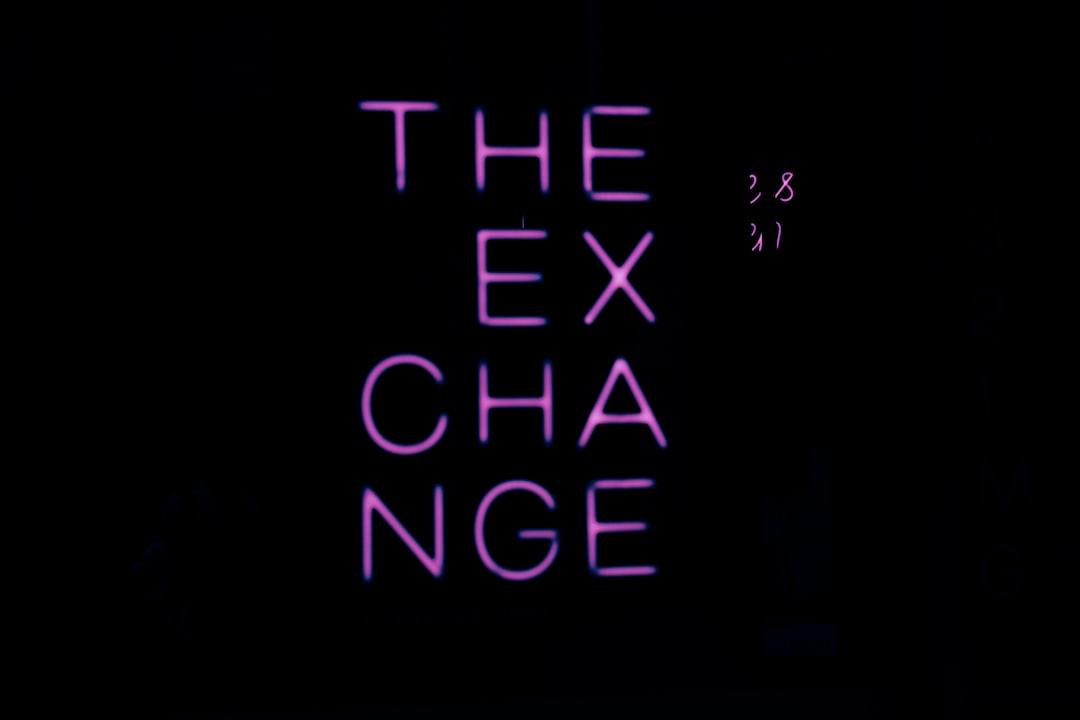Uzbekistan’s National Agency for Prospective Projects (NAPP) has introduced a new directive to raise the monthly fees for participants in the crypto market in the country. The mandate was issued on Tuesday, March 19, 2024.
According to the official statement, the revised fee structure is an amendment to a directive that was initiated by the Ministry of Justice in September 2022.
The decision to increase the fees comes after the NAPP assessed the profitability of the cryptocurrency retail and exchange sectors and determined that it was sufficient. This led to the implementation of a new fee system that affects both entities.
Under the updated fee system, crypto exchanges will now have to pay a monthly fee of 740 basis reference value (BRV), which is equivalent to 251.6 million Uzbekistani som ($20,015) — the country’s fiat currency. This marks a significant increase from the previous fee of 400 BRV or 136 million som ($10,819). The BRV is primarily used for calculating financial transactions such as taxes, fees, and fines.
In contrast, crypto retailers will now have to pay a much higher fee of 185 BRV per month, which amounts to 62.9 million som ($5,003). Previously, the fees for crypto retailers were only 20 BRV, approximately 6.8 million som ($540).
The NAPP states that these modifications are aimed at increasing state revenue from the crypto sector. The agency expects the revenue generated from this sector to double once the new fee structure is implemented.
The NAPP also assures that the updated pricing structure will not negatively impact the financial stability of industry service providers. The new fee system is set to take effect on June 20, three months after its official publication.
In other related news, the NAPP recently signed a Memorandum of Understanding (MoU) with stablecoin issuer Tether. The agreement entails Tether exploring and promoting blockchain-based innovations in Uzbekistan, including stablecoins and digital asset tokenization. The specific details of the partnership have not been disclosed, but Tether has expressed its intention to work with Uzbekistan’s regulators to establish a legal and regulatory framework for crypto assets in the country.
This development comes after the NAPP announced its plans to take legal action against Binance. The agency alleges that Binance is operating without a license and has not paid the fines that are due. In Uzbekistan, only licensed exchanges are allowed, and trading servers must be hosted domestically.
Since 2023, the government of Uzbekistan has restricted the provision of crypto services to licensed cryptocurrency firms. The first licenses were granted to local crypto firms in November 2022. Prior to that, access to several major international crypto exchanges, including Binance, FTX, and Huobi, was restricted due to allegations of unlicensed activity.
Magazine: Big Questions. Did the NSA create Bitcoin?

